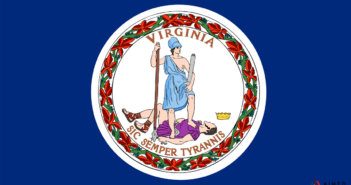On Jan. 1, 2020, surprise medical bill laws became effective in Colorado, Texas, and Washington state.
Colorado Governor Polis signed HB19-1174 into law on May 14, 2019. This law creates an arbitration process to settle billing disputes between health insurers and health care providers in emergency situations. This law also caps what out-of-network providers can charge for services rendered at an in-network facility.
Texas Gov. Abbott signed SB 1264 into law on June 14, 2019. This law protects consumers from surprise out-of-network medical bills by requiring health insurers and health care providers to settle payment disputes using an arbitration process. These protections apply in emergency situations. For non-emergency situations, the law allows individuals to waive the surprise billing protections if they voluntarily seek out-of-network care. After the bill was passed, the Texas Department of Insurance adopted regulations that implemented the law’s requirements.
Additionally, third law, HB 1065, signed by Washington’s Gov. Inslee on May 21. This law also creates an arbitration process for health insurers and out-of-network health care providers to settle billing disputes and only requires consumers to be responsible for in-network cost-sharing when they receive a surprise out-of-network medical bill. The law also advises consumers to file complaints with the state’s insurance commissioner when they receive a surprise out-of-network bill. After the law was enacted, the Office of the Insurance Commissioner published guidance for consumers about the law’s protections and the costs that consumers are responsible for when they receive a surprise out-of-network bill.
While these new laws protect some consumers from surprise out-of-network bills, the protections do not shield members of employer-sponsored health plans from this unfair business practice. For example, according to the Texas Department of Insurance, only 16 percent of Texans have state-regulated health insurance, with many others being covered by large group plans that are regulated by the federal government through the Employee Retirement Income Security Act (ERISA). To protect the majority of consumers who are members of federally regulated health plans, Congress will need to act. Currently, congressional leaders are poised to advance one of several proposals that would address surprise out-of-network medical bills in 2020.
Last Updated on May 15, 2020 by Aimed Alliance



